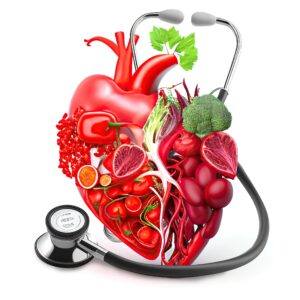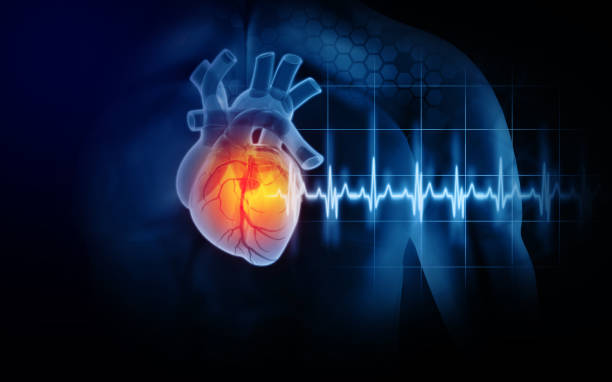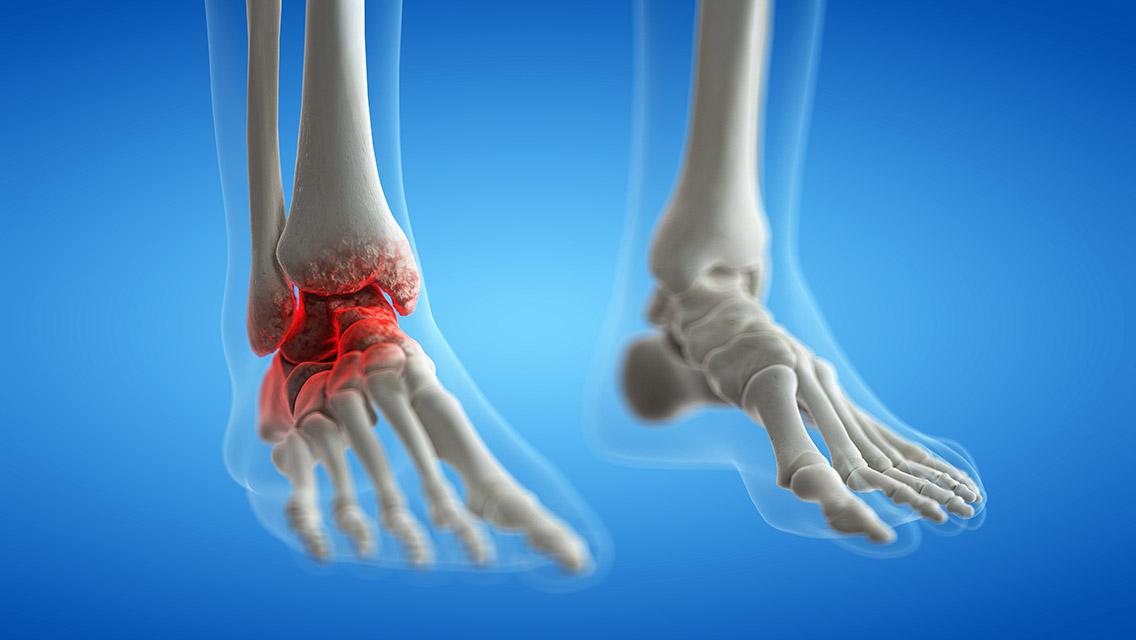Congestive heart failure (CHF) is a chronic and progressive condition in which the heart’s ability to pump blood is inadequate to meet the body’s needs. This leads to a buildup of fluid in the lungs, liver, abdomen, and lower extremities. Understanding the causes, symptoms, and treatments of CHF is crucial for managing the condition and improving the quality of life.
What is Congestive Heart Failure?
Congestive heart failure occurs when the heart muscle is weakened or stiffened, making it less efficient at pumping blood. This inefficiency leads to insufficient blood flow to meet the body’s demands, causing various symptoms and complications.
Types of Heart Failure
- The most common form occurs when the left ventricle cannot effectively pump blood out to the body.
- Occurs when the right ventricle cannot pump blood into the lungs efficiently, often resulting from left-sided heart failure.
- Characterized by the heart’s inability to contract forcefully enough during systole (the pumping phase).
- Occurs when the heart muscle becomes stiff and cannot relax properly during diastole (the filling phase), reducing the amount of blood that fills the heart.
Causes of Congestive Heart Failure
Several underlying conditions can lead to congestive heart failure. The most common causes include:
Coronary Artery Disease (CAD)
CAD is a condition where the coronary arteries become narrowed or blocked due to plaque buildup, reducing blood flow to the heart muscle. This can weaken the heart over time and lead to heart failure.
High Blood Pressure (Hypertension)
Chronic high blood pressure forces the heart to work harder to pump blood, which can cause the heart muscle to thicken and eventually weaken, leading to heart failure.
Cardiomyopathy
This refers to diseases of the heart muscle that can cause the heart to become enlarged, thickened, or stiffened. These changes can impair the heart’s ability to pump blood efficiently.
Heart Valve Disease
Malfunctioning heart valves can disrupt blood flow through the heart, causing the heart to work harder and eventually leading to heart failure.
Arrhythmias
Abnormal heart rhythms can impair the heart’s ability to pump blood effectively, contributing to heart failure.
Congenital Heart Defects
Structural problems with the heart present from birth can lead to heart failure, especially if left untreated.
Diabetes
High blood sugar levels associated with diabetes can damage blood vessels and the heart, increasing the risk of heart failure.
Symptoms of Congestive Heart Failure
The symptoms of congestive heart failure can vary depending on the severity and type of heart failure but commonly include:
Shortness of Breath
One of the hallmark symptoms of CHF is dyspnea or shortness of breath, which occurs due to fluid buildup in the lungs (pulmonary congestion). This can happen during physical activity, while lying flat, or even at rest.
Fatigue and Weakness
Reduced blood flow to the muscles and tissues can cause persistent fatigue and weakness, making everyday activities challenging.
Swelling (Edema)
Fluid retention can lead to swelling in the legs, ankles, feet, and abdomen. This is often most noticeable at the end of the day or after prolonged periods of sitting or standing.
Rapid or Irregular Heartbeat
Arrhythmias or an increased heart rate can occur as the heart tries to compensate for its reduced pumping ability.
Persistent Cough or Wheezing
Fluid buildup in the lungs can cause a chronic cough or wheezing, often accompanied by pink, frothy sputum.
Increased Need to Urinate at Night
The fluid that accumulates in the lower extremities during the day may move back into the bloodstream when lying down, leading to increased urination at night (nocturia).
Difficulty Concentrating
Reduced blood flow to the brain can cause cognitive issues such as confusion, difficulty concentrating, and memory problems.

Diagnosis of Congestive Heart Failure
Diagnosing congestive heart failure involves a thorough medical history, physical examination, and various diagnostic tests, including:
Blood Tests
Blood tests can help identify markers of heart failure, such as elevated levels of B-type natriuretic peptide (BNP) or N-terminal pro-BNP (NT-proBNP).
Electrocardiogram (ECG)
An ECG records the electrical activity of the heart and can detect abnormalities in heart rhythm and structure.
Echocardiogram
An echocardiogram uses ultrasound waves to create detailed images of the heart’s structure and function, helping to identify areas of weakness or damage.
Chest X-Ray
A chest X-ray can reveal signs of heart enlargement or fluid buildup in the lungs.
Stress Test
A stress test evaluates how the heart performs under physical exertion, often using a treadmill or stationary bike.
Cardiac MRI or CT Scan
These imaging tests provide detailed images of the heart’s structure and can help diagnose underlying conditions contributing to heart failure.
Treatment of Congestive Heart Failure
Treatment for congestive heart failure aims to improve the heart’s function, manage symptoms, and prevent further damage. Treatment options include lifestyle changes, medications, medical devices, and surgery.
Lifestyle Changes
- Diet: Reducing sodium intake can help manage fluid retention. A heart-healthy diet rich in fruits, vegetables, whole grains, and lean proteins is recommended.
- Exercise: Regular physical activity can improve heart function and overall health. It is essential to follow a tailored exercise plan developed with a healthcare provider.
- Weight Management: Maintaining a healthy weight can reduce the strain on the heart and improve symptoms.
- Smoking Cessation: Quitting smoking is crucial for heart health and can significantly improve outcomes for individuals with CHF.
- Alcohol Moderation: Limiting alcohol intake can prevent further damage to the heart.
Medications
Various medications are used to treat heart failure, including:
- ACE Inhibitors and ARBs: These medications help relax blood vessels, reduce blood pressure, and improve blood flow.
- Beta-Blockers: These drugs reduce the heart rate and decrease the workload on the heart.
- Diuretics: Also known as “water pills,” diuretics help reduce fluid buildup in the body.
- Aldosterone Antagonists: These medications help manage fluid retention and reduce the risk of hospitalization.
- Inotropes: In severe cases, inotropic drugs may be used to improve heart contraction and increase blood flow.
Medical Devices
- Implantable Cardioverter-Defibrillator (ICD): An ICD can help manage life-threatening arrhythmias and prevent sudden cardiac arrest.
- Cardiac Resynchronization Therapy (CRT): CRT devices help coordinate the heart’s contractions, improving its efficiency and function.
Surgery
In some cases, surgery may be necessary to treat underlying conditions or improve heart function:
- Coronary Artery Bypass Grafting (CABG): CABG surgery can improve blood flow to the heart by bypassing blocked coronary arteries.
- Heart Valve Repair or Replacement: Repairing or replacing damaged heart valves can improve blood flow and reduce symptoms.
- Heart Transplant: In severe cases of heart failure that do not respond to other treatments, a heart transplant may be considered.
Conclusion.
Congestive heart failure is a serious condition that requires comprehensive management and treatment. By understanding the causes, recognizing the symptoms, and following a tailored treatment plan, individuals with CHF can improve their quality of life and reduce the risk of complications. Early diagnosis and intervention are crucial for achieving the best possible outcomes.



